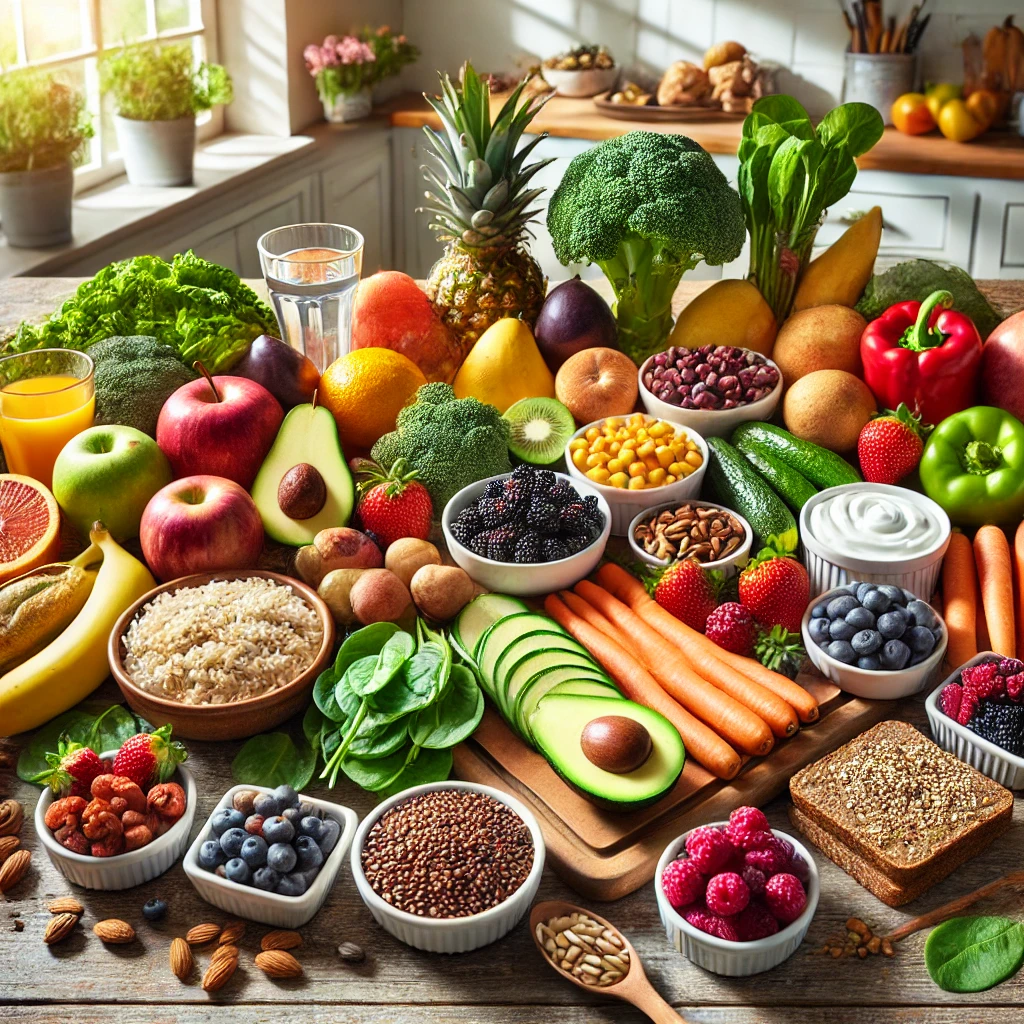
Study Reveals Link Between Diet, Calcium Intake, and Colorectal Cancer Risk
A recent study published in Nature Communications has highlighted the impact of diet on colorectal cancer risk, emphasizing the protective role of calcium-rich foods while confirming the harmful effects of alcohol and red or processed meats. Colorectal cancer, also known as bowel cancer, is the third most common cancer worldwide, with 1.9 million new cases diagnosed in 2022.
While previous research has established that lifestyle changes—such as maintaining a healthy weight, avoiding smoking, and consuming a balanced diet—can reduce the risk of colorectal cancer, this study offers fresh insights into the correlation between specific dietary factors and the disease.
Researchers analyzed data from the Million Women Study, involving over 542,000 participants, and reviewed an average of 16 years of medical records. The study examined 97 food products and nutrients to identify their association with colorectal cancer risk.
One of the key findings was a link between calcium intake and a reduced risk of colorectal cancer. Consuming an additional 300 milligrams of calcium daily—the equivalent of a glass of milk—was associated with a 17% lower risk of developing the disease. The researchers identified six dairy-related sources of calcium that were particularly beneficial: dairy milk, yogurt, riboflavin, magnesium, phosphorus, and potassium.
“This is the most comprehensive single study ever conducted into the relationship between diet and bowel cancer,” noted Dr. Keren Papier, senior nutritional epidemiologist at the University of Oxford and the study’s lead author. “It highlights the potential role of calcium in the development of this disease. Further research is needed to understand the potential health impacts of increasing calcium in different populations.”
Alcohol and Processed Meats Confirmed as Risk Factors
The study also reinforced the link between alcohol and colorectal cancer. An additional 20 grams of alcohol—roughly equivalent to a large glass of wine—was correlated with a 15% increase in colorectal cancer risk. Similarly, consuming an extra 30 grams of red or processed meat daily increased the risk by 8%.
Lisa Wilde, PhD, Director of Research and External Affairs at Bowel Cancer UK, highlighted the importance of these findings. “Every 12 minutes, someone in the U.K. is diagnosed with bowel cancer, making it the fourth most common cancer in the country,” she stated. “Around half of all bowel cancers could be prevented through healthier lifestyle choices. This new research underscores the importance of calcium and dairy while cautioning against alcohol and processed meats.”
Wilde also emphasized broader dietary strategies for reducing bowel cancer risk, including consuming fiber-rich foods such as whole grains, legumes, fruits, and vegetables.
Diet as a Preventive Tool
Medical experts agree that dietary changes can play a significant role in preventing colorectal cancer. Dr. Nilesh Vora, a medical oncologist, noted that the study aligns with growing concerns about modern diets contributing to gastrointestinal cancers. “Studies like this help educate patients on what they should and shouldn’t be eating to lower their risk,” he said.
For those avoiding dairy due to intolerance or personal preferences, registered dietitian Monique Richard provided alternatives. Leafy greens like collard and mustard greens, fortified plant-based milks, tofu, sardines, nuts, and tahini are excellent non-dairy sources of calcium.
Richard also stressed the importance of a holistic approach to nutrition, advising, “Add more of what nurtures your cells and eliminate what doesn’t. For many individuals, reducing colorectal cancer risk begins with what we choose to put in our mouths.”
A Call to Action
This study underscores the critical role of diet in cancer prevention. With colorectal cancer remaining a significant health burden globally, adopting dietary habits rich in calcium and fiber while limiting alcohol and processed meats could be pivotal in reducing disease risk. Early detection and regular screenings, combined with informed dietary choices, provide a powerful strategy for combating this common and preventable cancer.